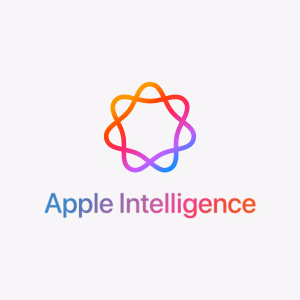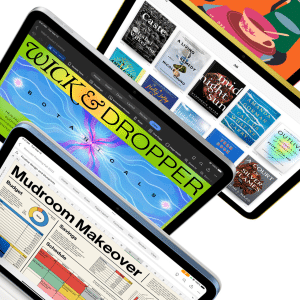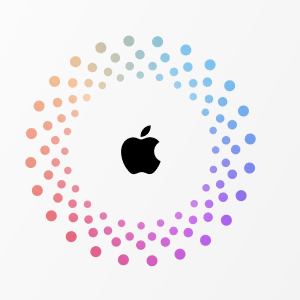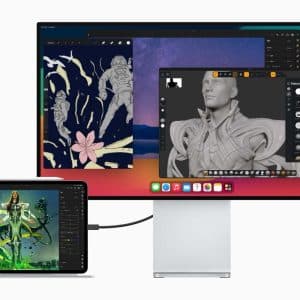Apple announced the launch of its digital ID, expanding its secure ID framework and setting the stage for future adoption of mobile travel documents. Code references in recent iOS builds point to ongoing work on a system capable of storing passport data alongside Apple’s existing digital driver’s licenses and state-issued IDs.
The move would represent one of the most significant expansions of Wallet since Apple introduced mobile driver’s licenses in 2021. While the company has not announced a launch timeline, the presence of new frameworks and placeholder interfaces suggests that Apple is building the groundwork to support international identification standards used by electronic passports.

A Technical Foundation for Digital Travel Credentials
Internal system strings and developer-facing components indicate that Apple is testing a new credential class tailored specifically for passports. Digital passports rely on a blend of encrypted biometric data, secure-chip authentication, and globally recognized ICAO standards — specifications that align closely with the way Apple already handles sensitive ID information through the Secure Enclave.
This infrastructure supports encrypted storage, device-bound verification keys, and biometric access control. Apple’s existing Wallet architecture already allows users to present identity data through Face ID-secured prompts, which appear designed to integrate naturally with the digital passport model.
While early references do not confirm user-facing features, the underlying code suggests Apple is preparing to interface with airport systems, government portals, and border-control checkpoints once regulatory approvals are in place.
Work With Governments and Standards Bodies
Digital passports are still emerging globally, but several countries have begun pilot programs supporting mobile travel credentials. Apple’s system appears aligned with these initiatives, particularly the European Union’s evolving digital identity framework and ongoing development around the ICAO Digital Travel Credential (DTC) standard.
Apple has historically required close cooperation with state and federal agencies when rolling out digital IDs, as seen with the Wallet driver’s license program in the United States. Digital passports require even more coordination because they must be recognized across international borders, which means Apple is likely working with multiple governments and standards groups before public availability becomes feasible.
Support for digital passports would extend Apple’s long-term plan to make the Wallet app a central hub for secure credentials. Driver’s licenses, mobile student IDs, car keys, and hotel room keys already coexist under a single interface. Adding passports would place Apple at the forefront of digital identity efforts, positioning the iPhone as an increasingly essential tool for travel and authentication.
The move would also complement Apple’s work in travel-related features such as Home Screen trip summaries, airline integration through Wallet boarding passes, and recent improvements to Apple Maps’ transit systems. Together, these features suggest a cohesive strategy to streamline identity and mobility within a single ecosystem.

Privacy and Security Structure
Digital passports raise immediate questions about privacy and data handling — areas where Apple typically emphasizes on-device processing and minimal data exposure.
Early indications suggest Apple would store passport information entirely within the Secure Enclave, requiring biometric authentication for access. Presentation of credentials would likely use limited-data “on-device verification,” allowing users to share only the specific fields required at checkpoints rather than full passport scans.
This approach mirrors how digital driver’s licenses in Wallet already work, using near-field communication and encrypted session keys to pass required data without exposing other personal information.
Even with technical foundations in place, widespread adoption will depend on participation from governments and airports. Digital passports involve strict verification procedures, compliance with global border-security systems, and testing across multiple travel environments.
Some countries have begun allowing digital travel credentials as part of limited trials, and others are exploring formal adoption through immigration modernization initiatives. Apple’s progress suggests an early focus on building compatibility rather than promising immediate availability.
For the tech industry, digital passports represent the next stage of secure mobile identity. Google, Samsung, and several national digital ID programs are exploring similar paths, though Apple’s emphasis on hardware-anchored security and tight OS integration gives it a potential advantage in user trust and enterprise-level compliance.
The presence of digital passport components in iOS development builds signals that Apple is moving steadily toward an ecosystem where essential identity documents can live securely on a device — a future shaped as much by policy as by technology.








